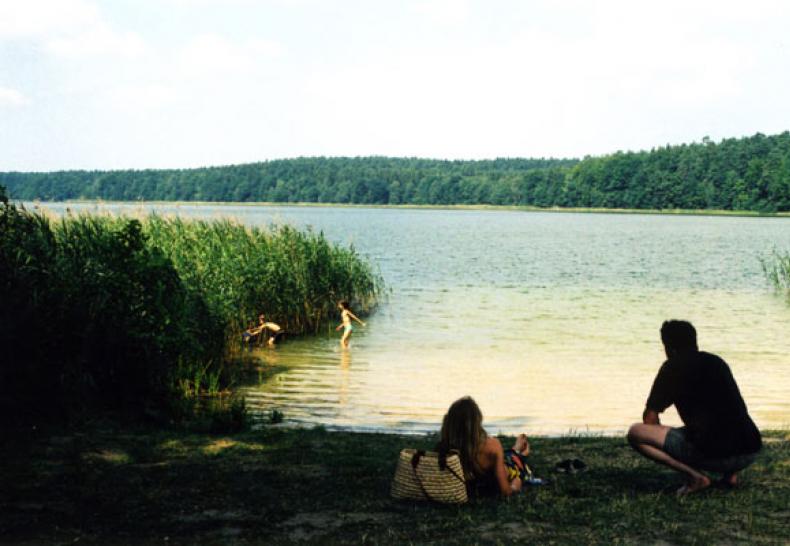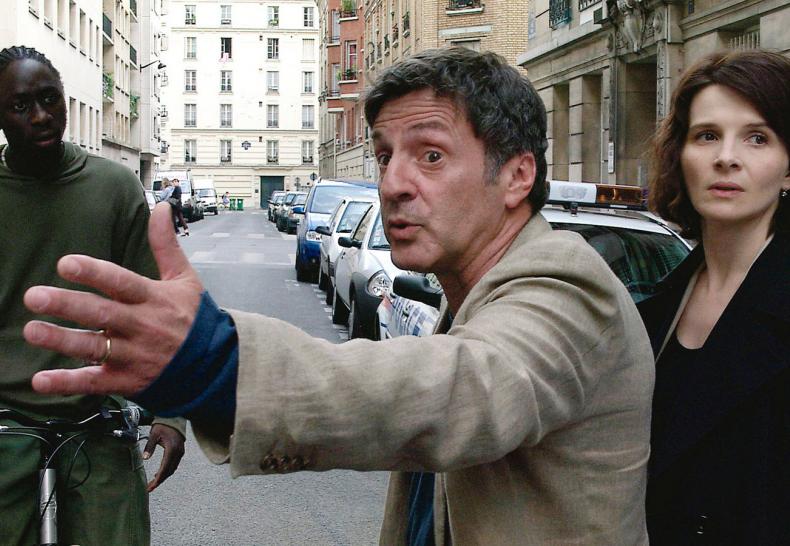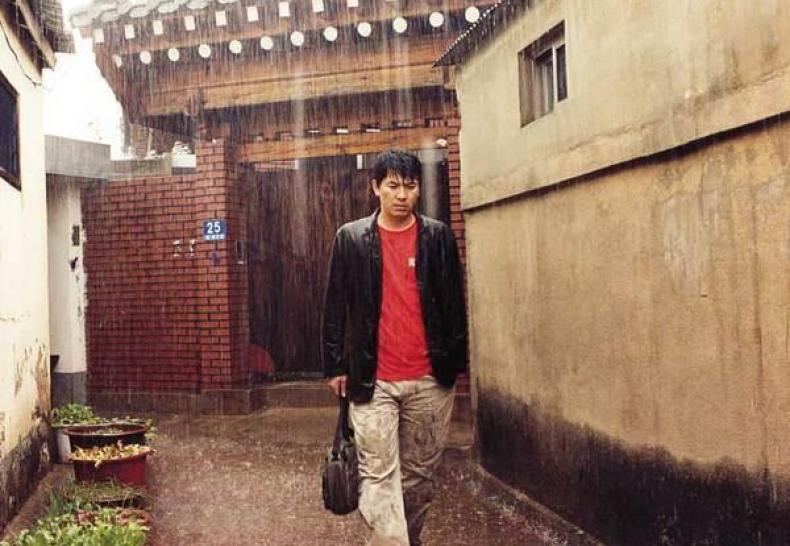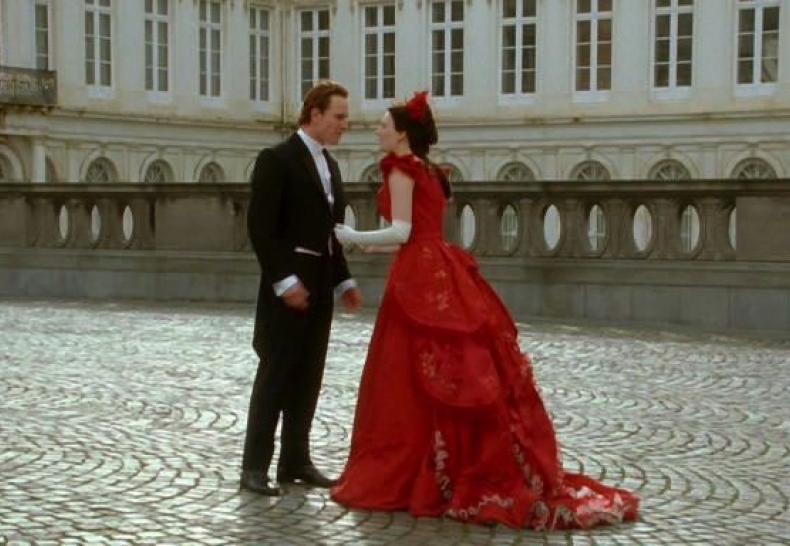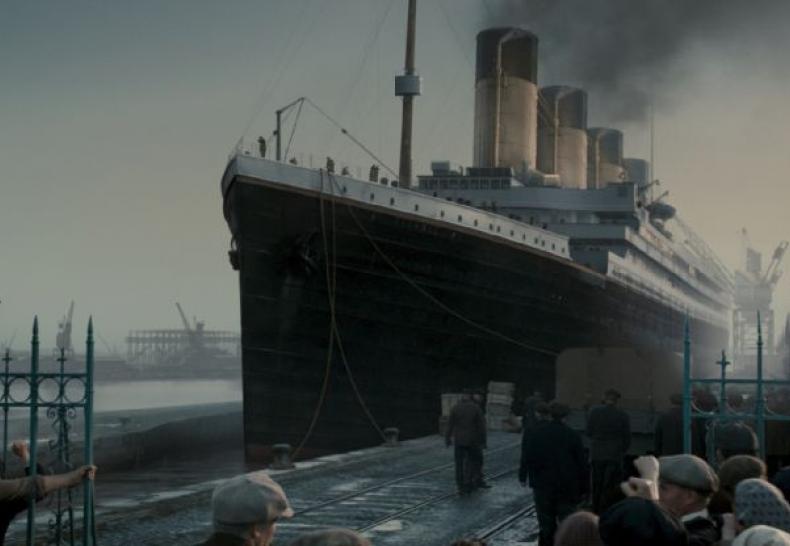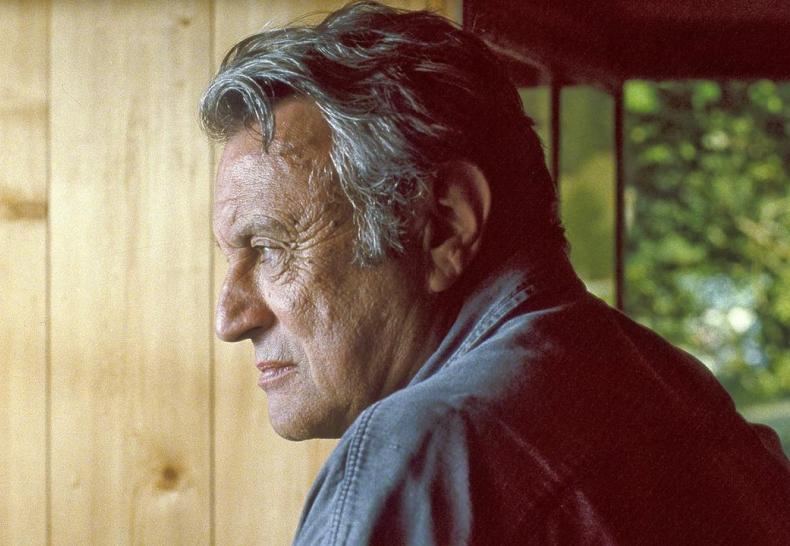No 9: Schreiben über Film
No 9: Schreiben über Film
[english version below]
Wie schreiben über Film? Wie nach dem Film schreiben? Wie Film in Schrift transformieren, ohne die Überlegenheit des einen über das andere Medium zu behaupten? Weder lässt sich ein Film in seiner Vielfalt von Ton, Bild, Text und Zeitlichkeit schlicht zusammenfassen oder nacherzählen, noch halten wir das Filmerlebnis für grundsätzlich un(be)schreibbar. Im Fokus steht vielmehr das Verhältnis beider Medien und damit auch die Frage nach den Zusammenhängen von Filmerfahrung und Diskurs.
Ein Schreiben über Film denken wir daher als ein Schreiben mit Film, als ein Filmschreiben. Ein Schreiben, das um die mediale Differenz von Film und Schrift weiß und daraus etwas Neues macht. So kann etwa im Schreiben ein ganz neuer Film entstehen, oder der Film wird mit anderen Filmen und Texten weiter geschrieben, oder Beobachtungen und Details können Ausgangspunkte für Bildbeschreibungen und Lektüren werden, welche 'textuelle' Filmerfahrungen eröffnen.
Ein solches Schreiben hat den Status eines Experiments, das bei aller Planung immer ein Moment des Unvorhersehbaren enthält. Daher ist es mit Risiken verbunden: mit dem Risiko, den Film zu verpassen und mit dem Risiko, sich auf nicht abgesicherte Terrains zu begeben. Experimente bringen mit sich, dass etwas geschieht, mit dem man nicht gerechnet hat. In diesem Sinne haben wir um Beiträge gebeten, die sich mit Filmen beschäftigen, an denen die Erinnerung hängen geblieben ist, zu Filmen also, die einen nicht loslassen. Dieses versuchsweise Schreiben über/mit/zu/ausgehend von Film ließe sich, so unsere Idee, an aktuelleren Filmen womöglich besser entwickeln als an manch älteren, weil diese noch nicht so stark von Pfaden der Rezeptionsgeschichte durchzogen sind. Deutlich ist aber auch geworden, wie sehr die Rahmungen des Films – der Kinobesuch, gelesene Rezensionen, Theorien, Buchvorlagen usw. – Teil dessen werden, was man sieht.
Nach langer Zeit haben wir uns mit der "Number Nine" wieder einmal den Luxus gegönnt, eine Ausgabe von der ersten Idee bis zur Konzeption in der gesamten Redaktion gemeinsam zu erarbeiten. Sie fokussiert, was sich von Beginn an als roter Faden durch unsere Redaktionsarbeit zieht: Die Frage nach den Möglichkeiten eines Schreibens über Film.
Für die Redaktion Christine Hanke, Birgit Kohler, Kathrin Peters

No 9: Writing about Film
Editorial
How does one write about film? How does one write after a film? How may a film be transformed into letters and words, without allowing the latter medium to take the upper hand over the former? The film neither allows itself in its totality as sound, image and temporality to simply be summarized, nor do we assume that the filmic experience is fundamentally indescribable. We focus our attention here on the relationship between the two media, film and the written word, and thus also on the question of the relationship between film experience and discourse.
We therefore conceive of writing about film as a means of constituting a film in flux. It is a form of writing that is aware of the medial distinction between film and the written word and strives to create something new out of the mingling of the two media. Thus a wholly new film may be the product of such writing, or a film may be extended through its encounter with the act of writing and with the other films and texts, with which that writing engages. Observations and details may be points of departure for the description and interpretation of images, which in turn produce new "textual" film experiences.
This form of writing has the status of an experiment, which, despite the most careful planning, will always contain an element of contingency. Thus this process is connected with risk, with the risk that the film may utterly escape description, or that one may venture too far from familiar analytic ground. It is an inherent part of an experimental process that something may happen that is unforeseen. In this sense we requested contributions for this issue that occupy themselves with films which have engaged one's imagination to the extent that they refuse to leave one's consciousness, indeed that refuse to leave one in peace. We believed that this form of writing about / with / on / from film was more easily achieved when one engaged with more recent films, rather than with older ones, since the former have not been so coloured by a documented history of their reception. It has become clear to us, however, how much the peripheral aspects of a film experience – the evening at the cinema, the critiques one may have read, the theory, the books from which the film was adapted – are an integral part of what one sees.
It has been some time now since we allowed ourselves the luxury of an issue that was developed from its conception to its realization by the whole editorial team. This edition of nachdemfilm throws an issue into relief that has engaged us since the outset: The question of the degree to which writing about film is possible at all.
Christine Hanke, Birgit Kohler, Kathrin Peters on behalf of the editorial board
(Translation: Robin Curtis)



